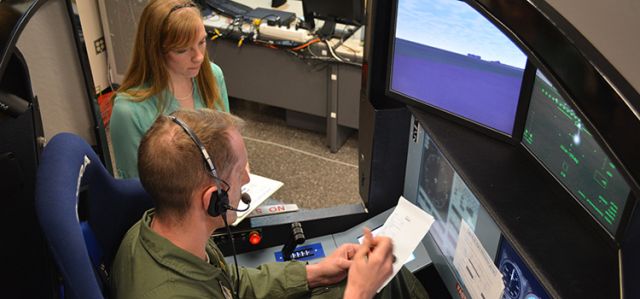Student Perspectives of Curriculum Integrated International Service-Learning Internships
Document Type
Conference Paper
Publication Date
10-2005
Publication Source
Proceedings of the Frontiers in Education 35th Annual Conference
Abstract
The Engineers in Technical, Humanitarian Opportunities of Service-learning (ETHOS) program at the University of Dayton is founded on the belief that engineers are more apt and capable to serve our world more appropriately when they have experienced opportunities that increase their understanding of technology's global linkage with values, culture, society, politics and economy. ETHOS seeks to provide these opportunities by means of curriculum integrated service-learning program. These opportunities include international technical immersion volunteer internships, student organization activities, collaborative research and classroom projects, which support appropriate technologies for the developing world, locally and globally.
Over the course of three years, 27 students have participated in service-learning internships, working with development organizations and communities throughout Central and South America. Students live in the community which they volunteer and together, with the community, work to appropriately and creatively solve technical challenges. Such experiences expose students to alternative, nontraditional technologies that are based on fundamental science and engineering principles, thus allowing higher comprehension of curriculum material in a hands-on, practical and humanitarian manner. Furthermore, such exposure allows students to recognize the far-reaching effects, positive and negative, of engineering and technology and thus the responsibilities of being an engineer in our ever-increasing global society.
Students are awarded credit via a multidisciplinary engineering elective, coordinated by the ETHOS program, for preparing for and participating in an international service-learning internship. The preparation, prior to the six to sixteen week international technical immersion, includes a semester-long technical, cultural, language and travel instructional class. Student development and progress is monitored through technical reporting and reflection before, during and after travels. This paper examines in detail, one student's experience in his international service-learning internship and how this experience has affected his educational objectives.
Inclusive pages
F4F-11 to F4F-15
ISBN/ISSN
0190-5848
Copyright
Copyright © 2005, IEEE
Publisher
IEEE
Place of Publication
Indianapolis, IN
eCommons Citation
Kleinhenz, Peter; Pinnell, Margaret; Mertz, George; and Eger, Carl III, "Student Perspectives of Curriculum Integrated International Service-Learning Internships" (2005). Mechanical and Aerospace Engineering Faculty Publications. 197.
https://ecommons.udayton.edu/mee_fac_pub/197
COinS




Comments
Permission documentation is on file.